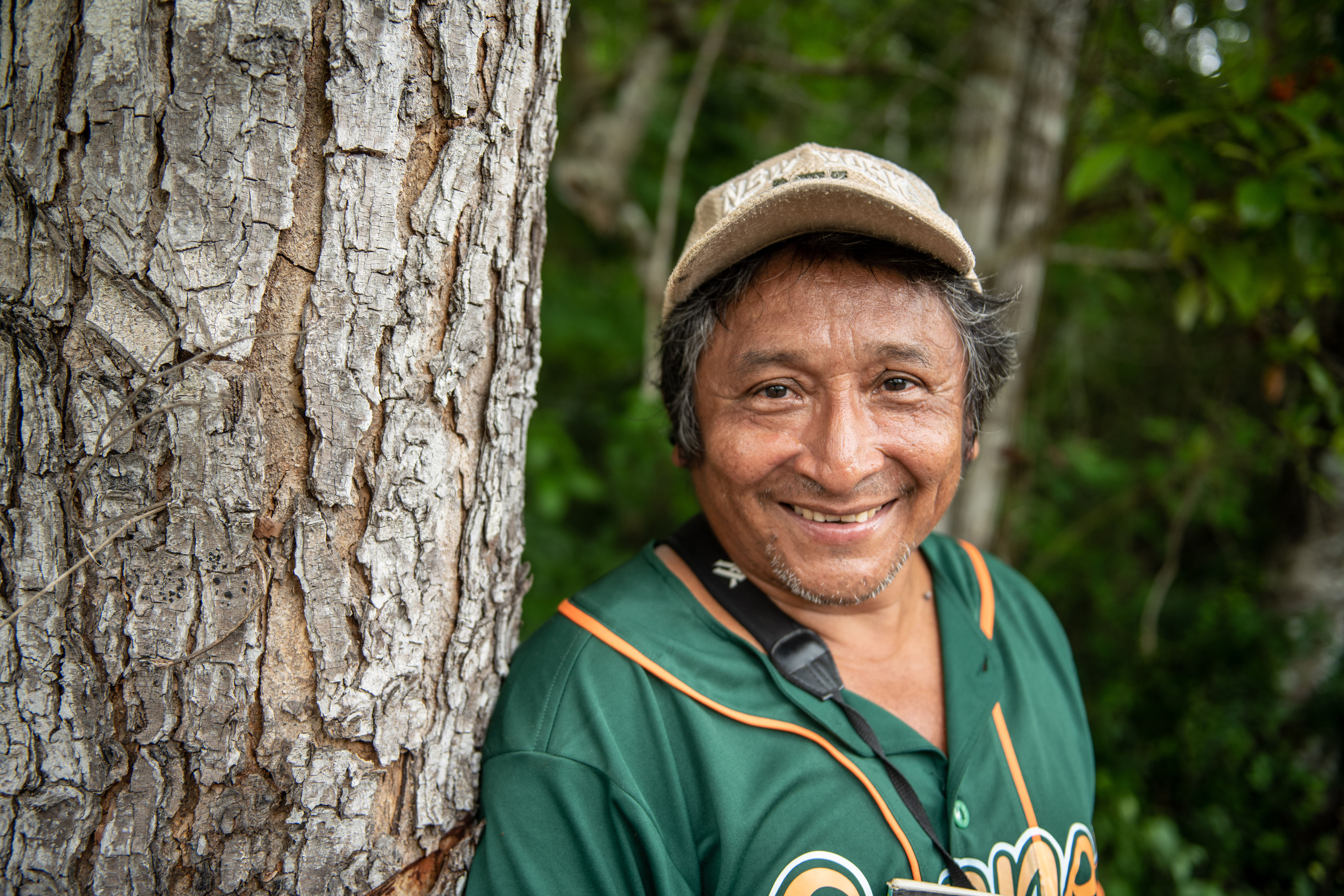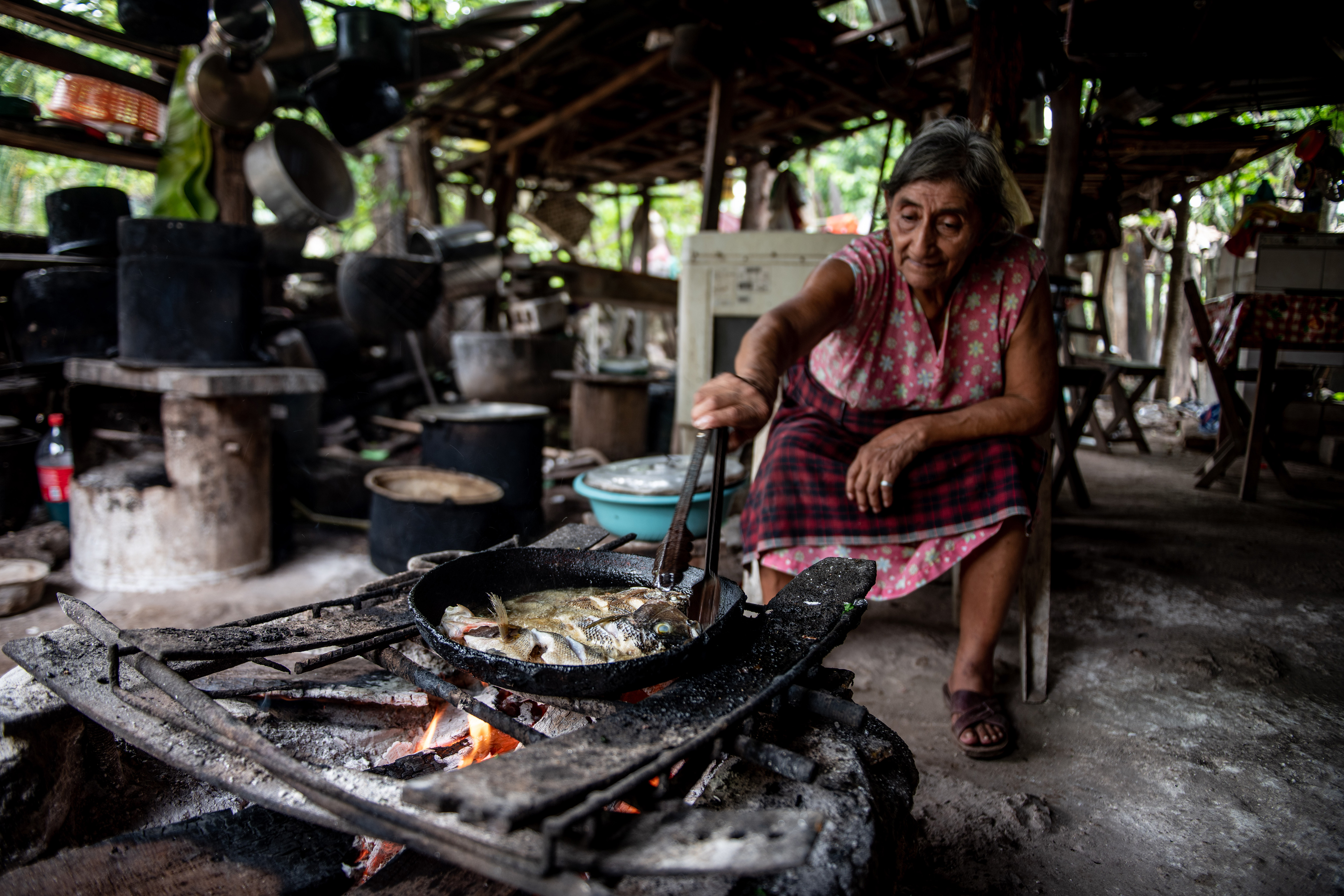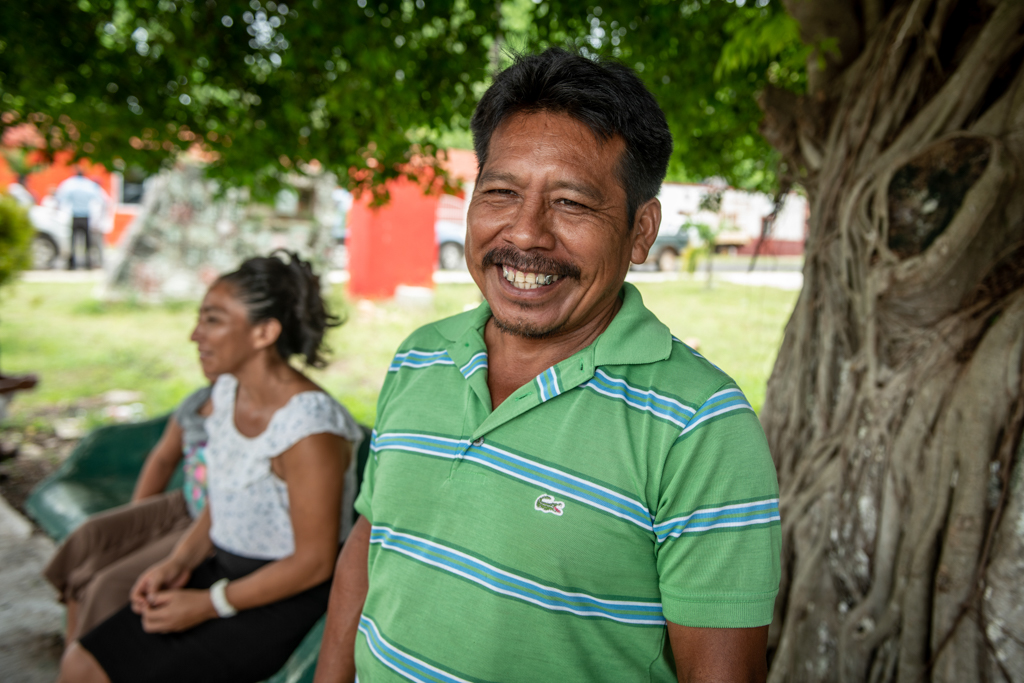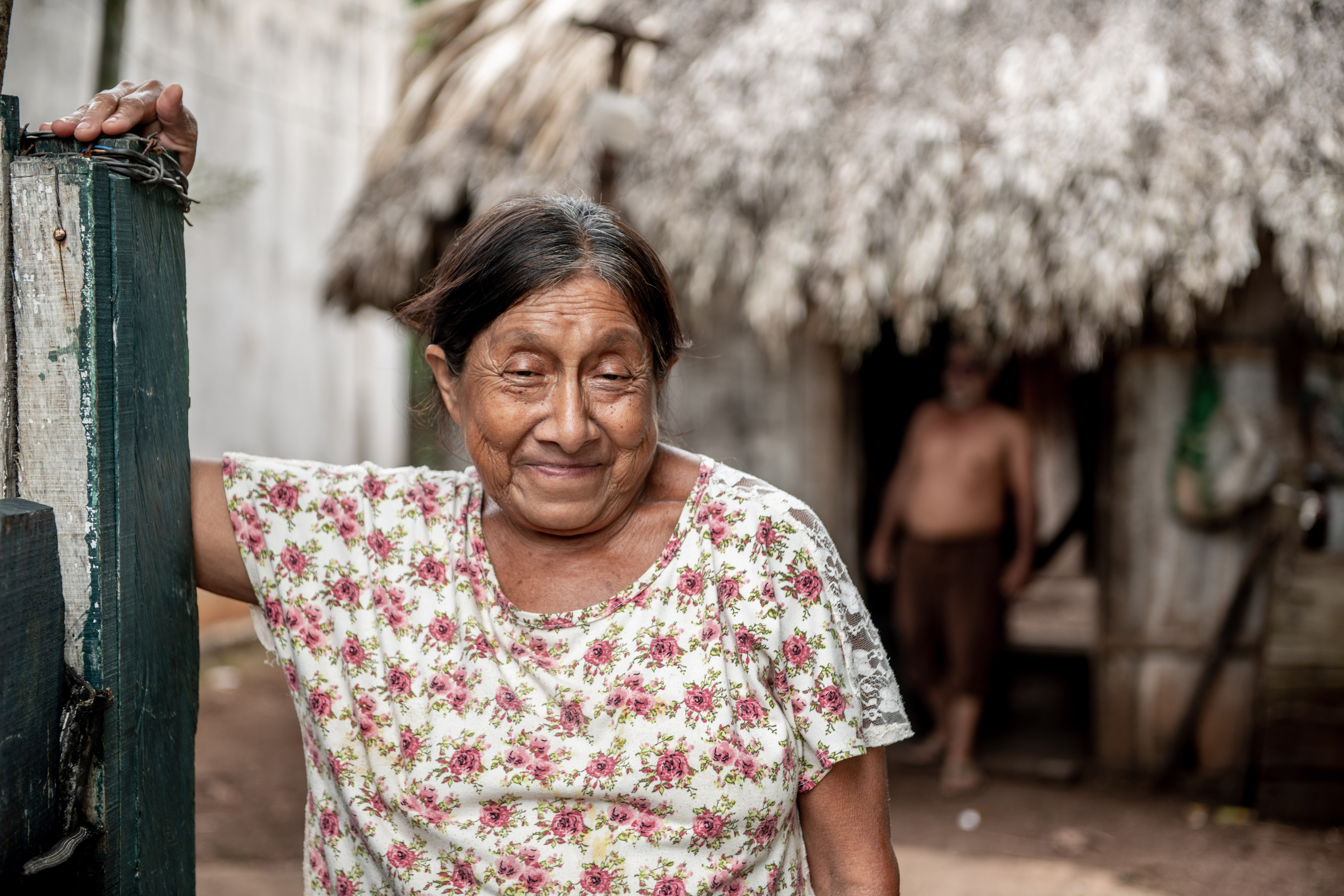
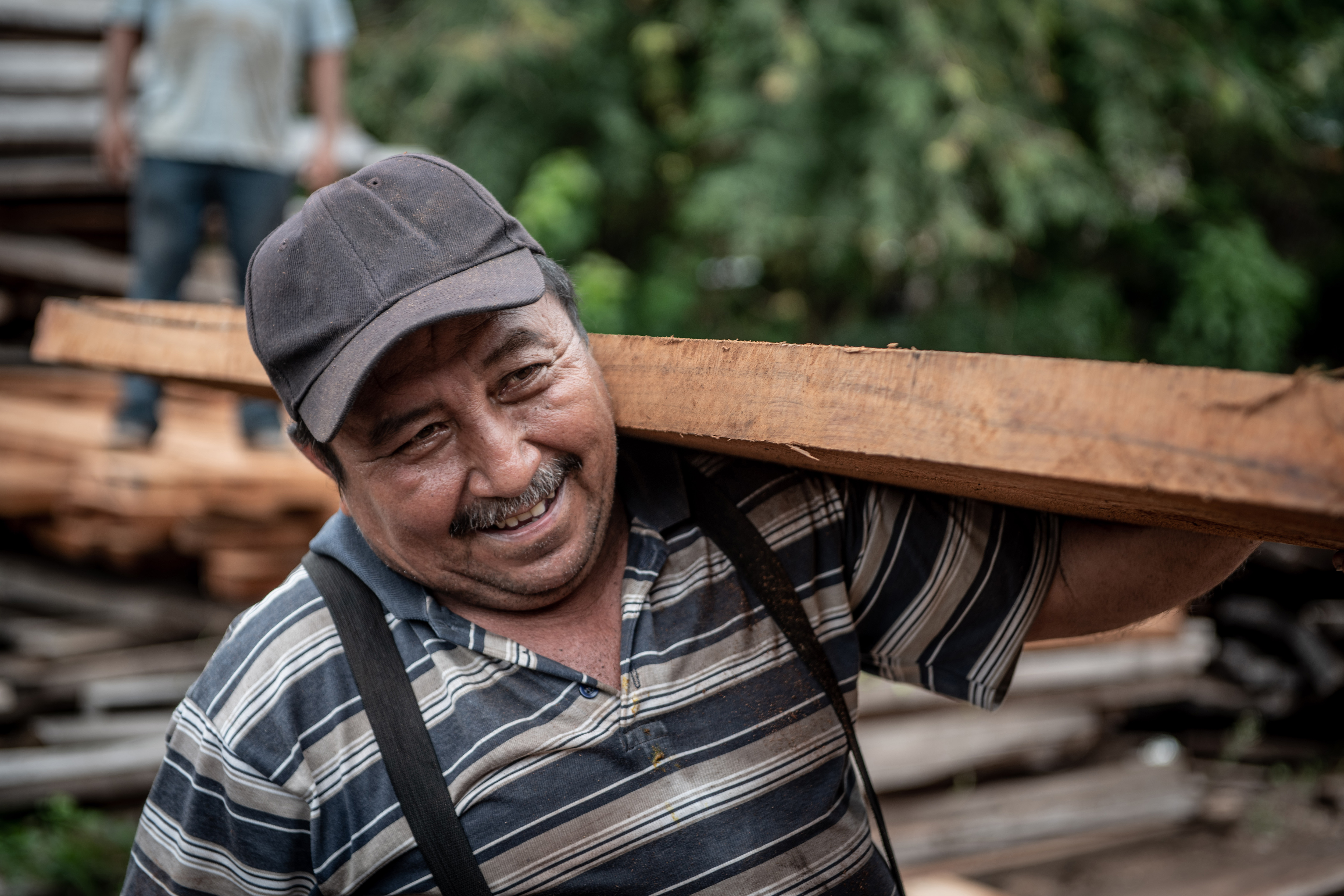
“To us, FSC certification has meant a window to the world.”
Rogelio Balam Alfaro is the president of the Mayan communities and the FSC-certifed areas of Petcacab and Polinkín. Situated in the Mexican Yucatán Peninsula, this is an area of diverse culture and religion, with Mayan people making up 95 per cent of the community.
To Rogelio, who was born in the community, and his wife Minerva, it’s important to support the learning of the original Mayan language and culture. In a globalized world, this can be a challenge as the younger people of the community are not as interested in their heritage as before, and many tend to move to the city. A big part of persuading younger members of the community to stay is creating jobs and opportunities for a modern life. According to Rogelio, FSC certification is a crucial part of this work.
“To us, FSC certification has meant a window to the world,” he says. “FSC has put the community of Petcacap on the world map and opened new markets for us, especially for certified caoba for the US market.”
In the community of Petcacab, most of its 2,200 people are employed in forest activities such as the FSC-certified forestry and sawmill.
This means opportunities for the younger generation. Rogelio particularly highlights safety for workers as one of the big benefits of FSC.
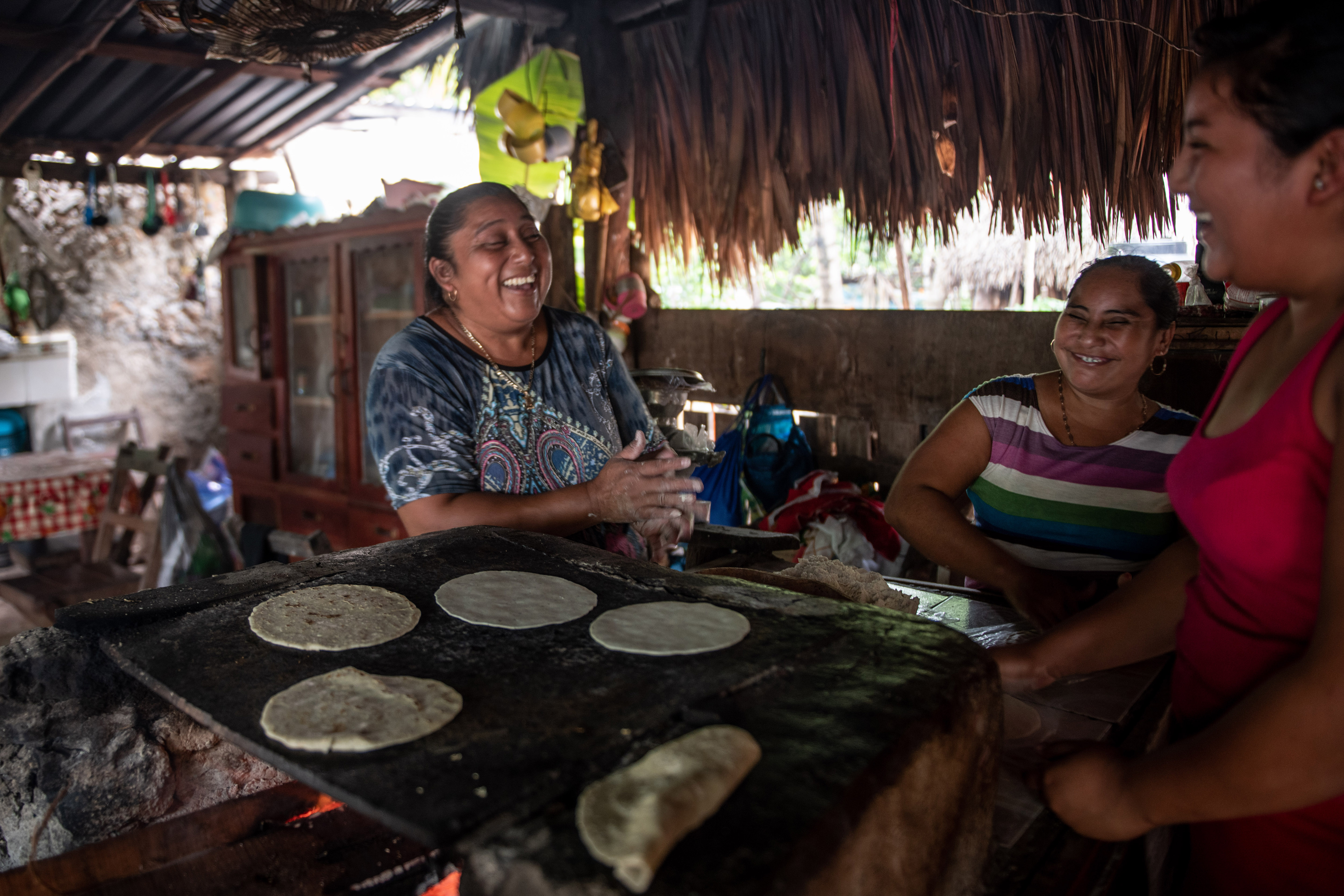
Focusing on nature
FSC has also meant an extra focus on nature. The community has started a programme to educate the youth about the surrounding environment.
Basilio Rivas Cauiche, a former forest worker of the Mayan community is leading the programme. He explains: “The lack of knowledge about biodiversity in our forests is one of the biggest threats to nature. FSC has meant that we started taking biodiversity seriously and that we could invest time in this field.”
Basilio takes the community’s children to the forest to look for wildlife, especially birds – Basilio’s personal interest - as part of their education. They venture out to the local forest with books, illustrations and a good pair of binoculars to look for birds. They named their group Cuclillo after a native bird.
The community hopes to attract more tourists to the forests in the future. With more than 169 species of exotic birds and good forest management, Basilio is hoping that Petcacap could become a destination for birdwatchers and ecotourism.
